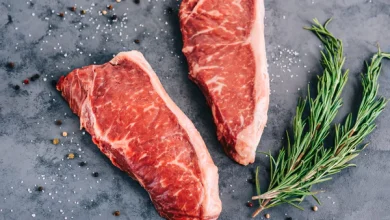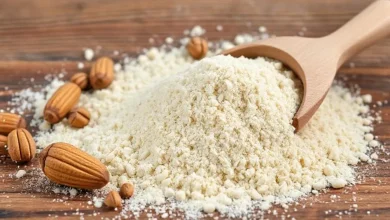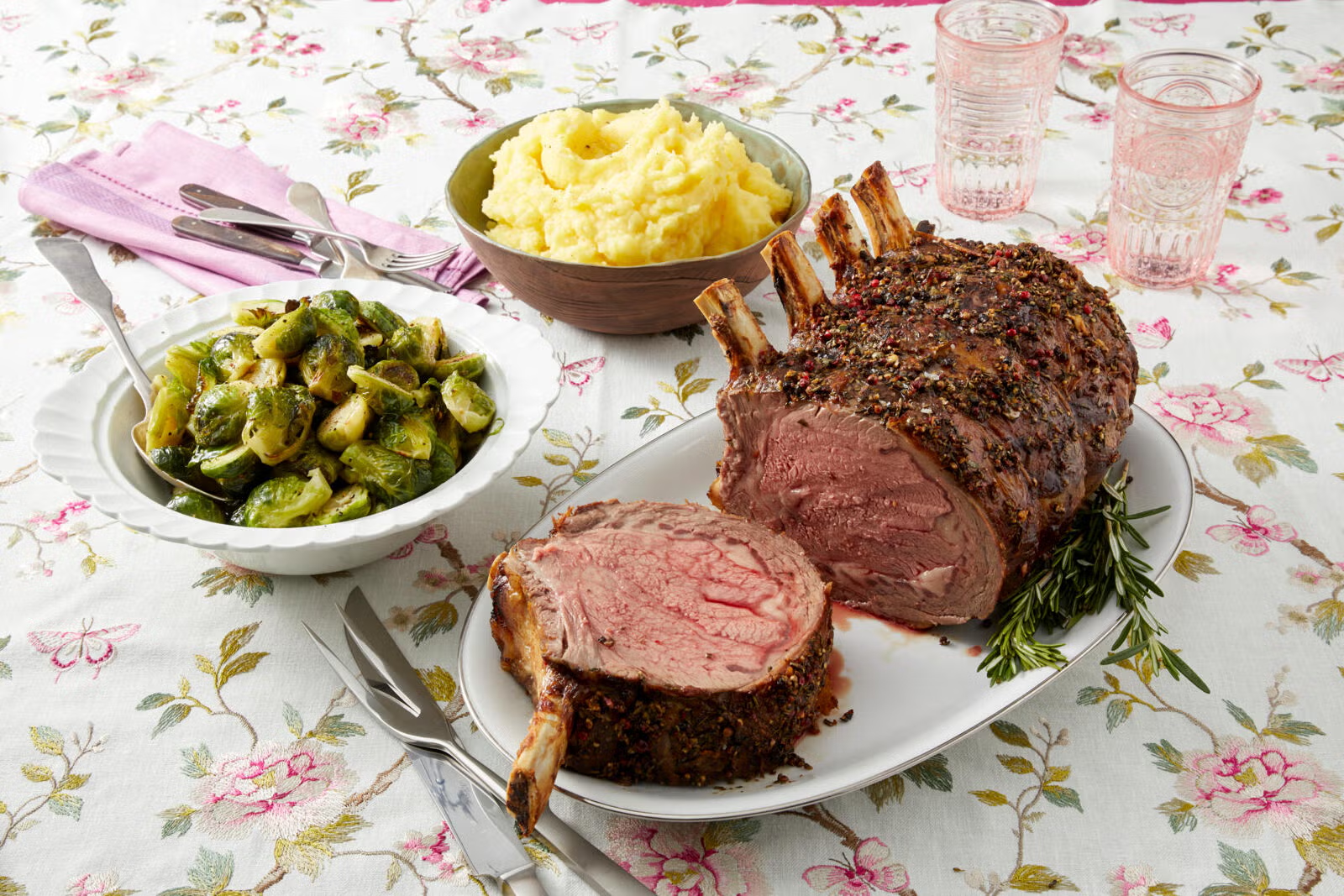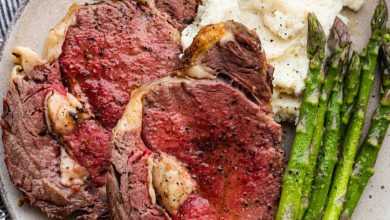Lamb Shoulder (Arm Bone, Whole, 14-inch, Fat Choice, Cooked, Roasted)
Nutritional Information per 100g:
- Energy: 204 kcal
- Protein: 24.94 g
- Fat: 10.77 g
- Saturated Fat: 4.08 g
- Carbohydrates: 0.0 g
- Fiber: 0.0 g
- Sugar: 0.0 g
- Vitamins and Minerals:
- Calcium: 19 mg
- Iron: 2.13 mg
- Magnesium: 25 mg
- Phosphorus: 200 mg
- Potassium: 265 mg
- Sodium: 68 mg
- Zinc: 6.04 mg
- Copper: 0.113 mcg
- Manganese: 0.026 mg
- Selenium: 28.5 mcg
- Vitamin C: 0.0 mg
- Thiamin (Vitamin B1): 0.09 mg
- Riboflavin (Vitamin B2): 0.26 mg
- Niacin (Vitamin B3): 5.76 mg
- Vitamin B6: 0.15 mg
- Folate (Vitamin B9): 25 mcg
- Vitamin B12: 2.7 mcg
- Vitamin A: 0.0 mcg
- Vitamin E: 0.18 mg
- Vitamin D2: 0.1 mcg
Overview:
Lamb shoulder (arm bone, whole) is a tender and flavorful cut of meat that provides a high-quality protein source, rich in essential nutrients. Typically roasted to perfection, this cut of lamb offers a generous serving of fat, including healthy monounsaturated fats, along with a moderate amount of saturated fats. While it is virtually carbohydrate-free, this lamb shoulder is packed with vitamins and minerals that support overall health.
Health Benefits:
-
High in Protein: With nearly 25 grams of protein per 100g, lamb shoulder is an excellent source of this macronutrient, vital for muscle repair, immune function, and overall bodily maintenance.
-
Rich in Essential Minerals: Lamb shoulder is particularly rich in phosphorus, zinc, and iron, minerals that are important for bone health, immune function, and the production of red blood cells. The inclusion of magnesium helps maintain healthy nerve and muscle function.
-
B Vitamins: Lamb shoulder is a good source of various B vitamins, particularly niacin (B3) and vitamin B12, which contribute to energy production and nervous system health. It also provides riboflavin (B2) and thiamin (B1), both important for metabolic health.
-
Selenium and Zinc: The selenium content in lamb shoulder supports immune function and thyroid health, while zinc is key for wound healing, immune function, and DNA synthesis.
Allergen Information:
Lamb shoulder contains no known allergens but may be prepared with other ingredients, such as seasonings or sauces, that could introduce allergens. Always check for potential cross-contamination or additional ingredients.
Dietary Preferences:
- Keto-friendly: With zero carbohydrates and a high fat-to-protein ratio, lamb shoulder fits perfectly into ketogenic diets.
- Low-carb and Paleo-friendly: This cut of meat is naturally free from carbs and gluten, making it suitable for both low-carb and paleo diets.
- Gluten-free: Naturally gluten-free, it can be safely consumed by those with gluten sensitivity or celiac disease.
Cooking Advice:
When cooking lamb shoulder, roasting is a popular method that enhances its tender texture and rich flavor. Whether slow-roasted or cooked to medium-rare perfection, it pairs wonderfully with a variety of vegetables or herbs like rosemary and garlic. To retain maximum juiciness and flavor, consider marinating the meat or adding a bit of olive oil and seasonings before roasting.
For those looking for a savory, protein-packed meal, lamb shoulder is a delicious and nourishing choice that provides both a feast for the senses and substantial health benefits.










